Alexithymia is a difficulty with identifying, expressing, and regulating one’s emotions. Alexithymia has been conceptualized as a form of emotional detachment which often manifests as a feeling of “numbness” or as an appearance of being “vacant” or “muted.” Alexithymia has been frequently correlated with Adult ADHD, in that it is a defense mechanism from experiencing the insecurity and fear which can result from disorganized thoughts and emotions. Moreover, alexithymia can create social anxiety and a pattern of “zoning out” during conversations with one’s children, romantic partners, coworkers, and even work supervisors.
If you have Adult ADHD, you are likely to experience alexithymia, which can cause you to appear uncaring or insensitive to your friends, family members, romantic partners, or even to your children. You may perceive yourself as “out-of-place” in social situations, due to your tendency to become very confused during even superficial conversations. You also may have great difficulty with processing your emotions during daily activities and interactions with friends and colleagues. As a result, you experience the world in a way which others do not easily understand, and this inner world cannot be easily communicated to others.
When Adult ADHD creates alexithymia, you may live your life in fear and confusion, as if you are always keeping your head barely above water. You may struggle to maintain your self-esteem and to develop a satisfying sense of identity, due to your frequent emotional confusion and dysregulation which may interfere with personal interactions at work, school, and with family members or other significant people. Your lack of focus and poor listening skills may create a “fugue” throughout the day. Alexithymia is actually a defense mechanism resulting from periods of emotional overload and/or the inability to identify and to organize your thoughts. In sum, alexithymia is a common “freeze” response to the self-doubting experiences of those with Adult ADHD.
COPING STRATEGIES FOR ADHD-RELATED ALEXITHYMIA
Dialectical Behavior Therapy
Dialectical Behavior Therapy (DBT) is a form of Cognitive Behavioral Therapy (CBT) which was originally developed to treat clients with chronic suicidal ideation and with Borderline Personality Disorder (BPD), due to the emphasis upon increasing one’s awareness of dysfunctional thinking and emotional patterns. In DBT, you are continually assisted, guided, and supported in maintaining your awareness of all emotions and in exploring the thought and behavioral patterns which result from particular emotions. In changing your reactions to painful and stressful circumstances, you will gradually develop courage, strength, and perseverance along the path of DBT!
Emotional Self-Regulation
Emotional self-regulation is the process of knowing when you have certain emotions, how you experience these emotions, and how you can more effectively control and express these emotions. Emotional self-regulation skills include naming emotions, allowing yourself to fully experience these emotions, and redirecting unwanted emotions during situations when you need to just take action, such as at work or with your children. Emotional self-regulation skills are helpful when you need to take care of your feelings in the midst of circumstances which are out of your control, such as the loss of a loved one or experiencing emotional or physical abuse.
Emotional self-regulation enables you to carefully judge which thought and behavioral outcomes to embrace and which ones to avoid. For instance, poor emotional self-regulation can cause you to feel victimized, whereas strong emotional self-regulation can act as a buffer between real life experiences and their disturbing effects, such as fear, grief, anger, and insecurity. Emotional self-regulation is represented by the following eight main skills: (1) self-awareness of all emotions, (2) mindful focus of emotions in the present, (3) emotional adaptability to all life changes, (4) utilization of emotional supports, (5) commitment to daily affirmations, (6) use of pausing to regain or to increase emotional control, (7) use of cognitive reappraisals of reality, and (8) evaluation of your emotional triggers and threats to your cognitive, emotional, and behavioral well-being.

Mindfulness
Mindfulness is an extremely important skill to use as often as needed for ADHD symptom management and for overcoming alexithymia. Mindfulness is the practice of being fully present and aware of ALL of your emotions at any given moment. Mindfulness refers to the capacity to pay attention, nonjudgmentally, to the present moment, and to clarify one’s positive or one’s negative emotions. It is about not running from or hiding these negative emotions. On the contrary, it is about embracing these emotions as they are and not how you or society think that they “should” be. Mindful thinking strategies can increase your awareness of distinct sensory reactions to different environments, thus decreasing your ADHD-related “freeze” responses. In fact, mindfulness is the first crucial step toward overcoming alexithymia and moving from being out of control to achieving emotional, cognitive, and behavioral control. A final point is that mindful awareness can create a continuous sense of empowerment, patience, self-compassion, and resilience throughout both joyful and stressful experiences.
Distress Tolerance
Distress tolerance skills develop from your mindfulness skills. Distress tolerance refers to the ability to accept, in a non-evaluative and non-judgmental manner, both your emotions and the current situation. The goal is to become capable of calmly recognizing negative situations and their impact, rather than becoming overwhelmed by them. Distress tolerance allows you to reflect upon different behavioral options and to prevent intense or destructive emotional reactions. Distress tolerance skills develop largely through radical acceptance, which is the process of learning how to accept unpleasant or disturbing situations. The goal is to better equip yourself to accept the things that you cannot change.

Interpersonal Effectiveness Skills
Interpersonal effectiveness skills are often practiced during therapy sessions and then applied to your daily life situations, thus providing a flow of energy which can effectively counteract alexithymic episodes. Remember that you cannot control others or certain situations, so your interpersonal skills will waver in their effectiveness. The point is to keep working on these skills, just like you would start with easy stretches and move on to more difficult physical exercises. As with an exercise regimen, you must practice these skills and persevere even when you have bad days in executing these skills. Your “emotional muscles” may become strained from time to time, but they do regenerate their strength and ability. Furthermore, interpersonal effectiveness skills can be used in the workplace, with one’s family members, and with one’s romantic partners, in the form of assertive communication skills and mindful actions, with the goal of reducing alexithymic episodes. The final and most crucial point about alexithymia is that it is extremely important to educate your friends, family members, romantic partners, and colleagues about the symptoms and the coping skills which you are applying.


